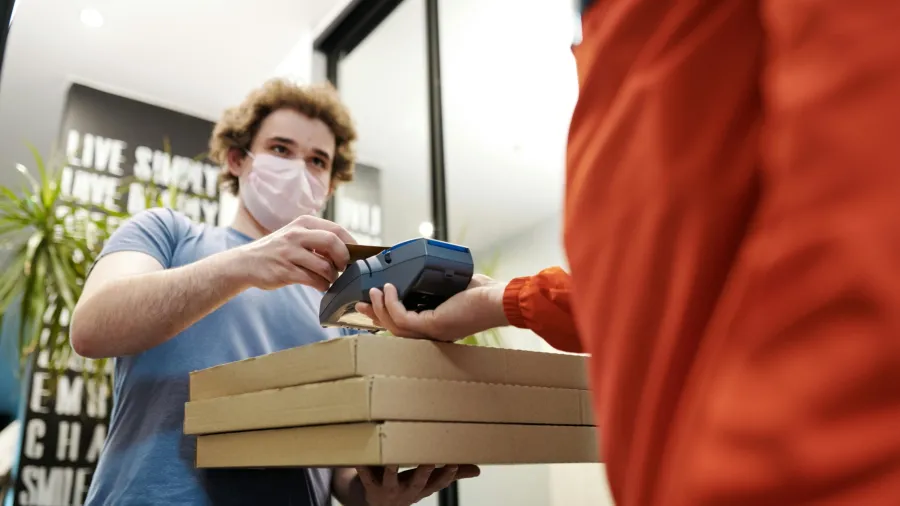
Q-commerce set to disrupt Indian food delivery market
Q-commerce's promise of hyperlocal, speedy service is becoming a game-changer in the industry.
The rapid growth of quick commerce (q-commerce) is set to impact India's food delivery market, according to GlobalData.
As urban, young, and tech-savvy consumers increasingly prefer the convenience of home-delivered meals, q-commerce's promise of hyperlocal, speedy service is becoming a game-changer in the industry.
A GlobalData consumer survey revealed that 64% of respondents opt for food delivery at least once a week, highlighting the growing demand for convenient dining options.
Neralla Rama Ravi Teja, consumer analyst at GlobalData, attributed this trend to factors such as hectic urban lifestyles, traffic congestion, and the desire to avoid heat, pollution, and crowded spaces. The COVID-19 pandemic further accelerated the shift towards online food ordering, but as demand surged, so did delivery times.
“To address this issue, players like Zomato started a quick delivery model for select foods in the past, but with a limited menu,” he pointed out. “To fill in the need for quicker food deliveries, Swish, a Bengaluru-based company, unveiled a new food delivery platform that aims to bring the agility and rapid turnaround times of q-commerce to the food delivery space.”
Despite the promise of ultra-fast deliveries, challenges remain. Teja said consumers are concerned about the quality of food prepared and delivered in such short time frames, as well as the safety of delivery personnel under pressure to meet these rapid deadlines.
“Some consumers are skeptical about restaurants using stale, pre-cooked food items, and not following proper procedures,” said Teja. "In addition, there are concerns over the safety of delivery personnel, who may resort to rash driving to deliver food quickly, resulting in accidents and threatening their lives.”



















 Advertise
Advertise






